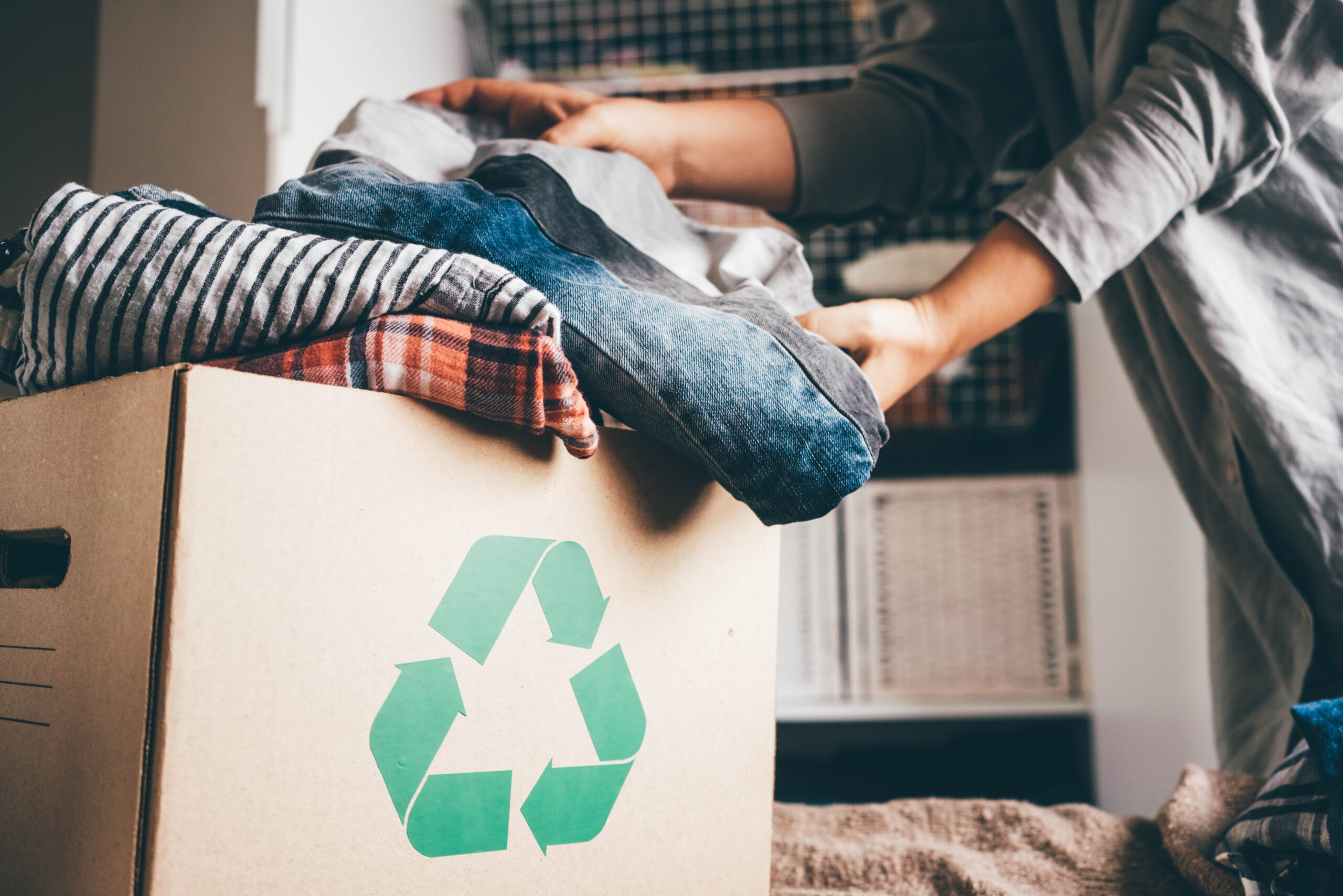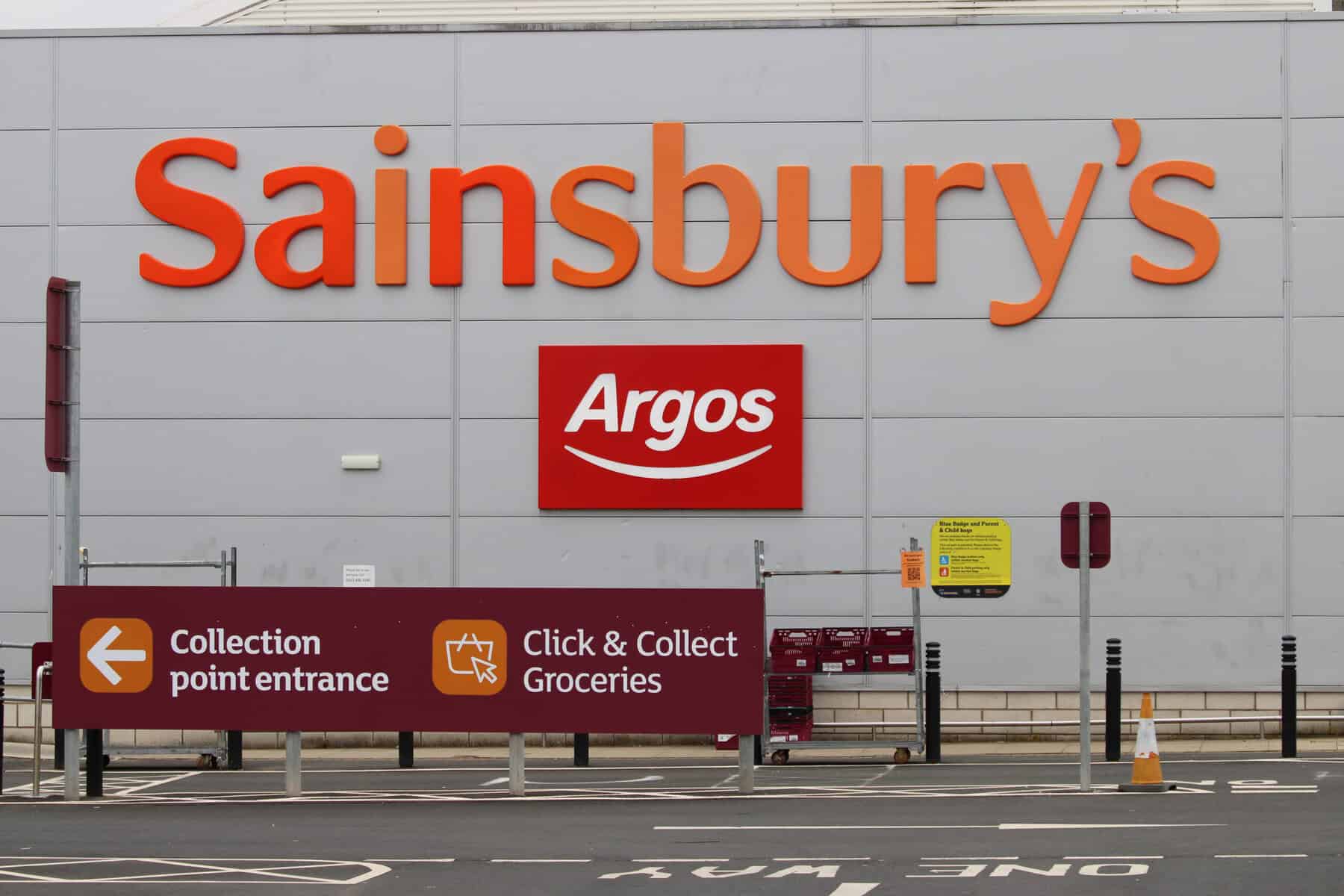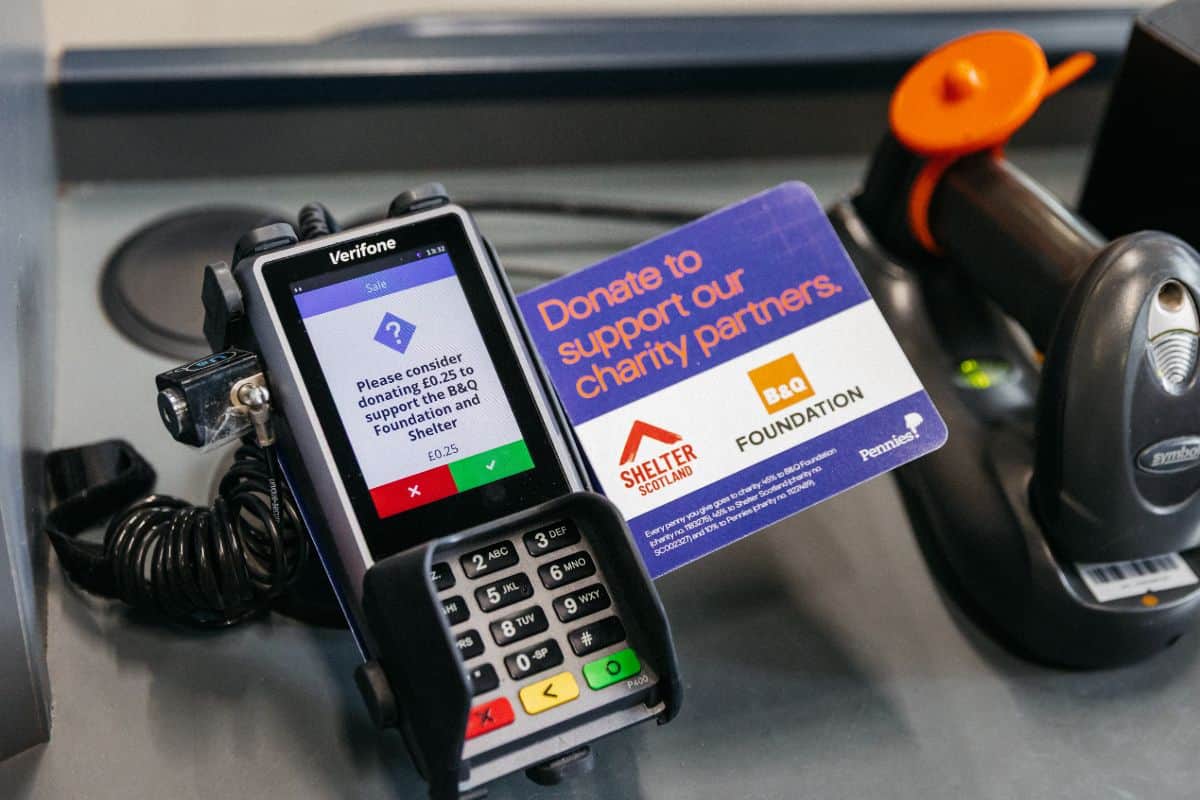The UK’s returns policies will not only be costing retailers billions of pounds this New Year, but will be taxing on the environment too, according to a statement from The University of Southampton.
With the returns process estimated to cost UK retailers £7bn per year, Dr Regina Frei, associate professor of operations and supply chain management, has flagged the leading issues vendors face, and how they can avoid them.
She explained: “Post-Christmas returns are rife, but businesses need to make sure they are prepared as more people take advantage of liberal policies during the cost-of-living crisis.
“Firstly, we need to address why returns happen in the first place. It could be a bad fit, or a wrong colour. This can easily be fixed by more accurate sizing charts – such as including the model’s height and the size they are wearing online, staff training or up-to-date information online and in store.”
Other suggestions given by the Russell Group University’s associate professor include introducing fitting tools, encouraging customer reviews as well as incentives for those leaving them, clearly displayed delivery estimates and the removal of “damaging” policies that focus too much on easy returns rather than avoiding waste.
Frei continued: “It’s time for retailers to rethink their liberal returns policies. They may be great news for shoppers, but they are fast becoming a huge financial liability for stores and are environmentally harmful, as many returned items cannot be resold for a variety of reasons.
“A great example of this is including free shipping with online orders when spending over a certain amount. Many people will take advantage of this offer and over-buy with the intention of returning the items, just so they don’t have to pay for delivery.
“Removing free shipping, as well as introducing a charge for returns, can act as a deterrent for those who are ordering more than they should. This will also encourage people to go in-store and try before they buy, as they will no longer have the opportunity to over-order for the sake of it.”
But it isn’t just the running costs of returns that is causing the High Street the post-Holiday blues.
“The environmental impact of increased returns, due to added packaging and transport, is on the rise, but there is an opportunity for retailers to move towards a more sustainable business model, “said Dr Frei. “A great example being IKEA, with its “Circular-Hub” pre-loved service, which also includes discontinued furniture, and not just items that have been returned.”
In a bid to make the nation’s shopping habits greener, Frei is working with the Reverse Logistics Association, as well as ECR Retail Loss Group and retail technology provider Appriss Retail to spur people away from the “throwaway” culture and encourage retailers to find more cost effective – as well as environmentally friendly – ways they can change their returns policies for the better.









